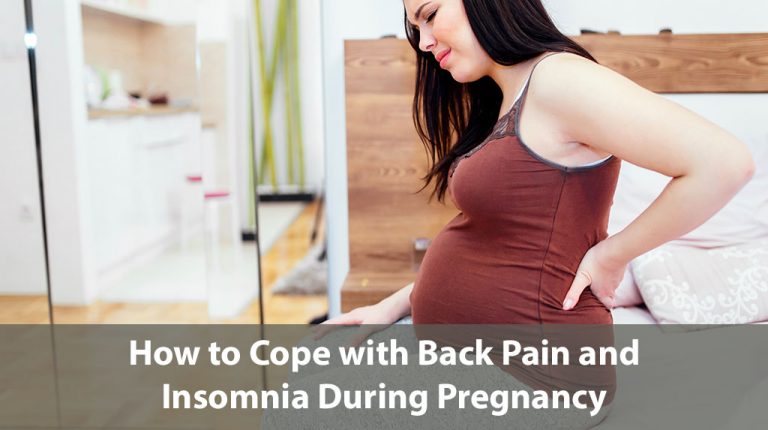Dizzy Spells and Getting Older
Dizzy Spells and Getting Older: There are many pitfalls to getting older…grey hair, loss of strength or flexibility, perhaps you tire more easily or don’t sleep as much as you age. Some things are more annoying than dangerous, like having less energy. Going bald may be an irritating side effect of getting older, but at least it can’t kill you. Other things, such as falling or losing your balance, can increase your risk of serious injury or even death as you get older. One of the more dangerous concerns of aging involves the increasing chance of “dizzy spells” or vertigo.
Vertigo, more commonly known as “a dizzy spell,” is a common occurrence in people of all ages for a variety of reasons. It can happen to anyone but we now know that it occurs in the elderly more often. It is a sensation of spinning dizziness as if the room is spinning around the person experiencing it. Dizziness or vertigo can be caused by something as minor as an ear infection or as serious as an impending stroke.

Dizziness is a symptom, not a diagnosis, and it often includes the following characteristics:
- Balance issues
- Lightheadedness
- Nausea and vomiting
- Motion sickness
- Ringing in the ear
- A feeling of fullness in the ear
- Headaches
- Nystagmus (when the eyes move uncontrollably)
Some causes of dizziness can be attributed to serious conditions such as dementia, anemia, vascular problems, vision loss, or even medications that interact negatively with each other. Sometimes dizziness is caused by a viral infection or simply dislodged crystals in the inner ear. Whatever the cause, it is important to have your loved one checked out by a doctor to find the source of the dizziness before a serious fall or accident happens. Prevention truly is the best measure as your loved ones get older.
Medical research has confirmed that the prevalence of vertigo and dizziness reaches as high as 30% in those aged 60 and over, which means that the number of patients is rapidly increasing due to the aging of the world’s population. Because so many of the elderly experience vertigo, this means that falling and sustaining serious injuries are real concerns. Falls are the leading cause of accidental death in those over 65 years old, so we all need to be aware of the risks as our loved ones get older.
Here are a few things you can do to help your loved one who has vertigo and thus prevent more serious injuries:
- Always consult a doctor for any ongoing issues with dizziness or blurry vision: If your loved one has regular episodes of vertigo or problems with their vision, your first stop should be with an ear-nose-throat specialist (ENT) or an ophthalmologist to check out the ears, nose, throat, and eyes for any systemic problems. The ENT or ophthalmologist can also steer you in the right direction if everything checks out okay on their end and further testing is needed. Those over 65 commonly have issues with their eyesight beginning to fail, and sometimes this may be the cause of the dizziness or falling.
- Regular exercise is needed for ALL ages: Not only does it keep a body healthy, but it also helps strengthen your bones and muscles, which is critical for those who are aging. The injuries may be more serious if you have brittle bones or are more prone to fractures or breaks. In case a fall does occur, having strong bones can prevent them from more serious injuries.
- Invest in a reliable life alert system: These are wearable devices such as a bracelet or necklace that makes contacting a family member or emergency services as simple as pressing a button. They are extremely valuable in case of a fall, stroke, or other medical emergency and you can find the best one by reading the medical alert system reviews of the systems available on the market today. Some of these systems even contain a fall detection feature, which automatically contacts the programmed support network when a fall in the home is detected.
- If your loved one has dizziness AND any of the following symptoms, get immediate medical attention: Sudden severe headache, chest pain, difficulty breathing, numbness or paralysis of limbs, fainting, double vision, rapid or irregular heartbeat, slurred speech, continuous vomiting, seizures, sudden change in hearing, or facial numbness or weakness: any of these symptoms combined with dizziness could mean an imminent stroke or other catastrophic medical event is possible.
Hopefully, these tips will help you navigate your aging loved one’s experiences with vertigo or dizzy spells and make them more aware of the risks involved. As their caregiver, pay attention to any symptoms and strive to keep your loved ones safe in their home, and hopefully, any serious falls or injuries can be avoided.






